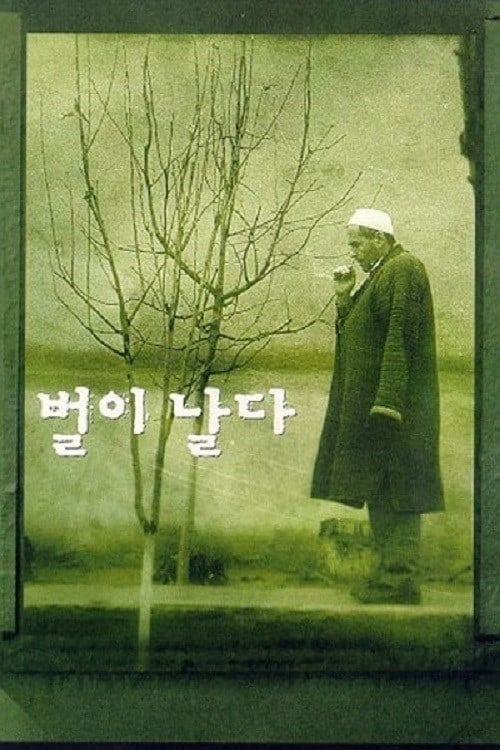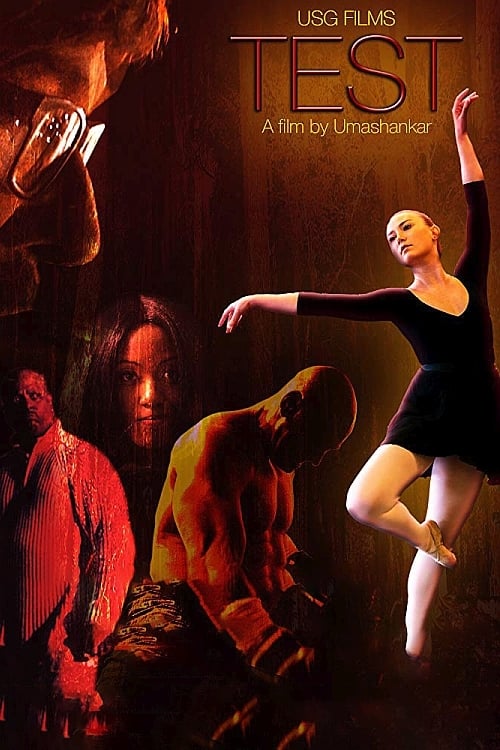

6.2
Summary
A simple fable about a teacher's quest for justice. The teacher's neighbor not only ogles his wife, but builds an outdoor toilet right beside the teacher's house. When he is refused any legal recourse, the teacher decides to get revenge by building a latrine for the entire village outside his neighbor's house.
Cast
Muhammadjon Shodi
Mastura Ortik
Taghoymurod Rozik
Beknazar Kabirov
Mardonkul Kulbobo
Fakhriddin Fathiddin
Takoi Murod Rozik
Muhamad Shodi
Crew
Director
Min Byung-hun
Director, Writer
Jamshed Usmonov
Reviews
bafflermeal
February 20, 2013
Simple provincial story with universal meaning, 14 March 2008 Author: nmegahey from DVD Times
Set in a little village in Tajikistan, Korean director Min Byung Hoon's debut feature, made in collaboration with Russian director Jamshed Usmonov, makes a universal statement about human nature through a relatively simple story. The village's headmaster makes a complaint about his neighbour who has built an outside latrine right next to the wall that separates their properties. Not only does it cause an awful stench, but the neighbour looks over into the wall and watches the headmaster's wife while he is standing there. As his neighbour is a rich man with influential friends in Moscow, the mayor is reluctant to do anything about the problem, saying that it's his own private property and he is entitled to use it whatever way he chooses. The headmaster therefore decides to take matters into his own hands and tries to force the issue by purchasing a property next door to the mayor. Events soon escalate out of control.
The film takes its title from a story told by the headmaster to his pupils from the time of Alexander the Great, when it was the tradition for old men to be thrown into a pit when they passed a useful age. Alexander's vizier however hid his father in a wooden chest and carried him around with them. One day when the army were dying of thirst, the old man advised his son to leave a bowl of honey for a bee that would drink it until it became thirsty and then lead them to a source of water. The flight of the bee teaches the men respect for the wisdom of their elders, for the past and for traditions. In the modern world however, it is not wisdom and learning that are respected, but money and influence. Beautifully filmed in tinted black-and white, using non-professional actors, and seeped in the traditions of the nation and the ordinary people of the countryside, The Flight of the Bee achieves a simplicity and yet a richness comparable with Daruish Mehrjuti's 1969 Iranian film The Cow - fully associated with Tajikistan, yet universal in its meaning and brought to the screen with a uniqueness of expression by its Korean director.
Media
Status:
Released
Original Language:
Tajik
Budget:
$0.00
Revenue:
$3,247.00
Keywords
Recommendations

Test

Chunin Exam on Fire! and Naruto vs. Konohamaru!

Test

Naruto Shippuden the Movie: Blood Prison

The Alpha Test

Redcon-1

The Convert

Pretty Guardian Sailor Moon Eternal the Movie Part 2

Gurren Lagann the Movie: The Lights in the Sky Are Stars

Vampires vs. the Bronx

BTS 2021 Muster: Sowoozoo Day 2

Demon Slayer: Kimetsu no Yaiba -To the Hashira Training-

Alienoid: Return to the Future

Creating The Queen's Gambit

Home Run Showdown

To the Stars

Grey Eyes

Sniper: Assassin's End

Naruto to Boruto: The Live 2019
